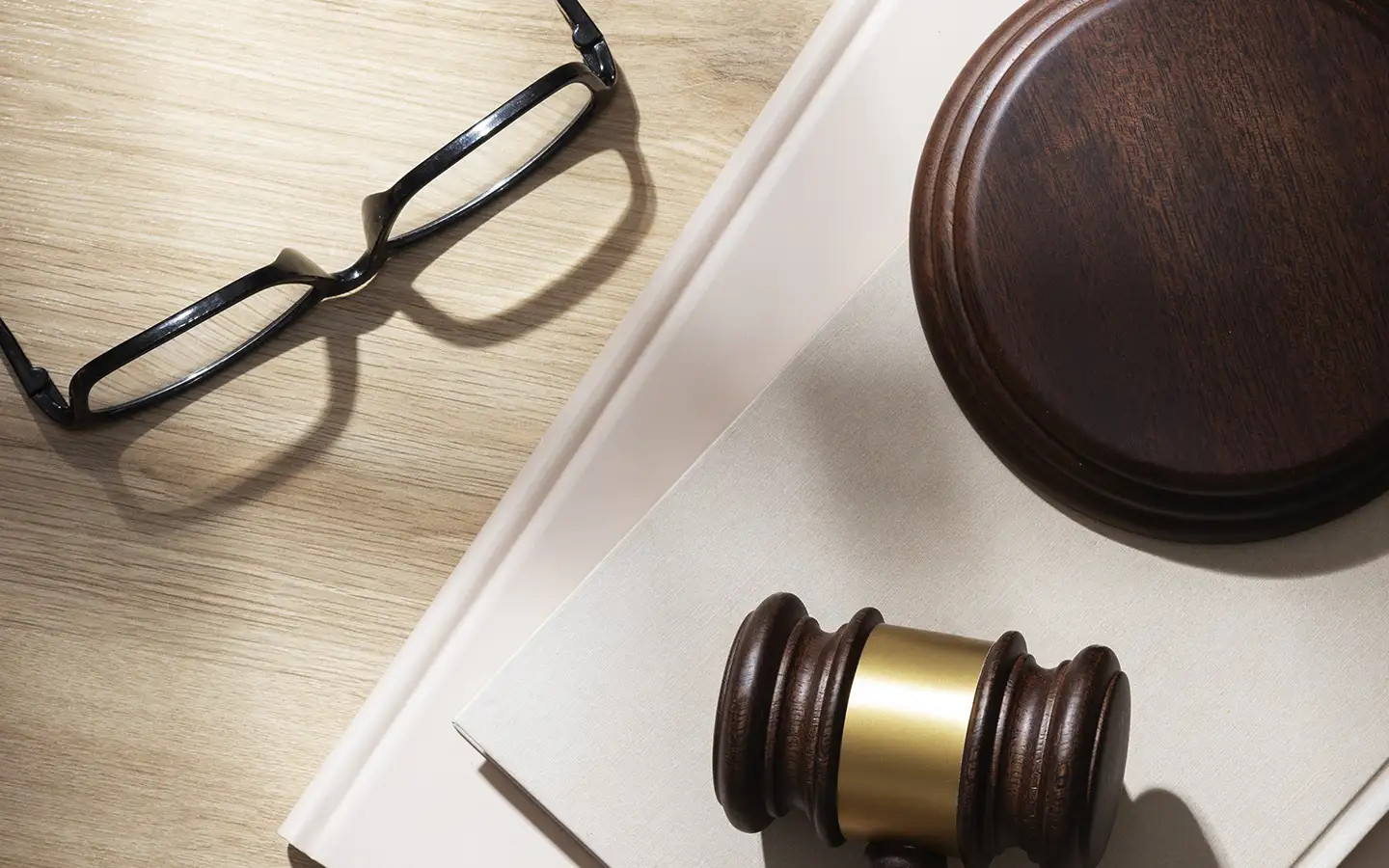The enactment of Law 402 of 2023, which introduces the new Civil Procedure Code, represents a milestone in the evolution of civil judicial proceedings in our country. This regulatory framework responds to the principles of oral proceedings, concentration, and procedural economy, giving the judge an active role in streamlining the process and promoting more efficient justice.
What are the exceptions to prior and special rulings?
The new Civil Procedure Code redefines the treatment of certain procedural defenses by establishing that preliminary and special rulings must be resolved before addressing the merits of the case, as they have the potential to extinguish the claim conclusively. Traditionally, this category included concepts such as res judicata, expiration of the statute of limitations, judicial settlement, and withdrawal.
The new aspect of the reform is the explicit inclusion of the statute of limitations within this category, meaning it must now be processed and decided in advance, at the preliminary stage of the proceedings, rather than as a substantive defense to be resolved in the judgment. This change allows the litigation to be refined from its initial stages, preventing it from being unnecessarily prolonged when the action has already been extinguished by the passage of time.
Procedure and timing
These exceptions must be presented within the time limit for transferring the claim, in a separate document setting out the reasons and facts on which they are based, accompanied by the relevant evidence. The plaintiff has five days to respond, correct errors, and provide evidence to counter the exception.
If the complaint is corrected, the defendant may propose new preliminary exceptions if they arise from the modification made. The facts that constitute these exceptions, whether before or contemporaneous with the filing of the complaint, may not be subsequently alleged by either party if they had the opportunity to do so within the corresponding time limit.
Defenses arising from events during the proceedings that cannot be resolved at the preliminary hearing may be raised as they occur and will be addressed at a special hearing.
Hearing and decision
When there is evidence to be examined regarding the defenses, the judge will schedule a preliminary hearing for its examination and resolution. If there is no evidence, the judge will decide at the same hearing. If any exception prevents the proceedings from continuing, the proceedings shall be declared terminated.
Exceptions requiring prior and special ruling shall be resolved by means of a ruling in the form of a judgment, which may be appealed with suspensive effect. If they are denied, an appeal with devolutive effect may be lodged.
Impact and conclusions
The reform seeks greater procedural efficiency by allowing exceptions to be resolved at an early stage, thus avoiding unnecessary procedures and strengthening judicial speed. This change contributes to a more agile and transparent administration of justice, benefiting all parties involved in the process.
Read more articles here


